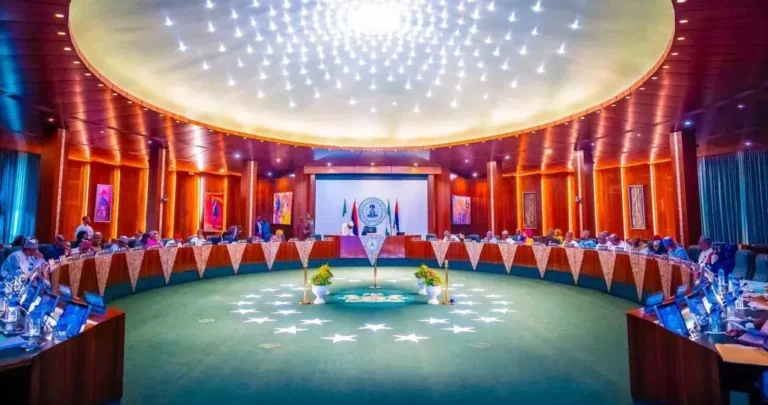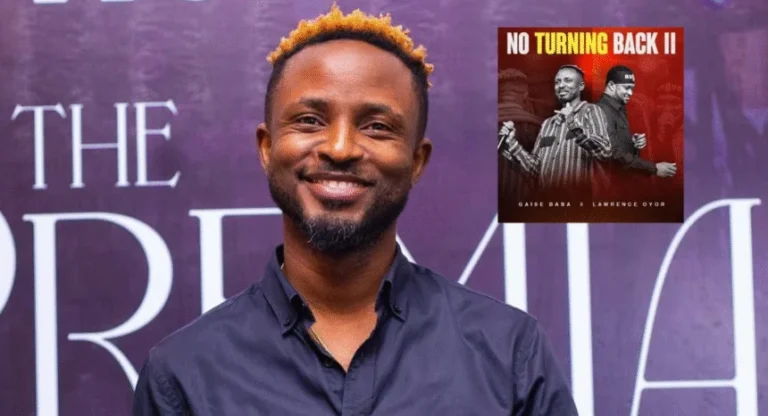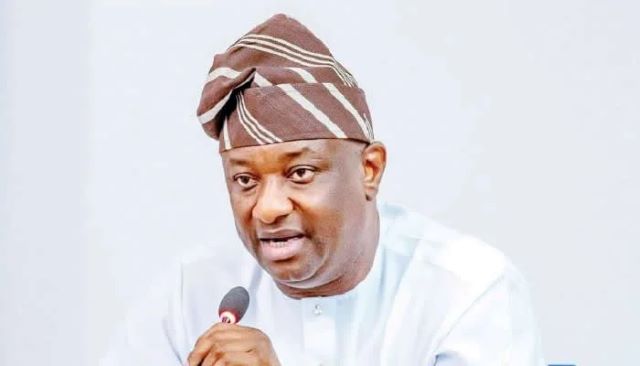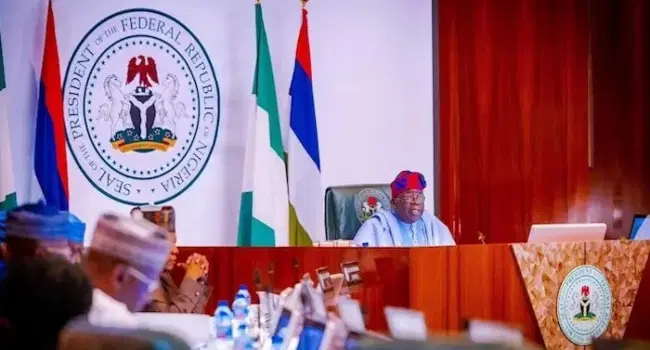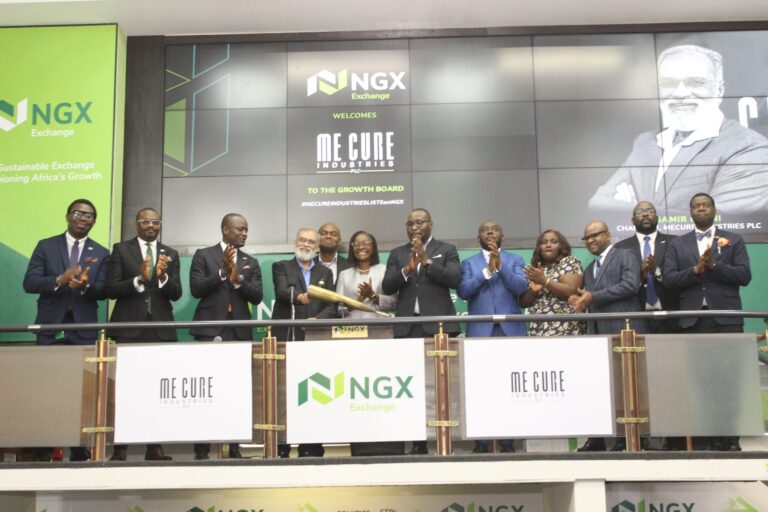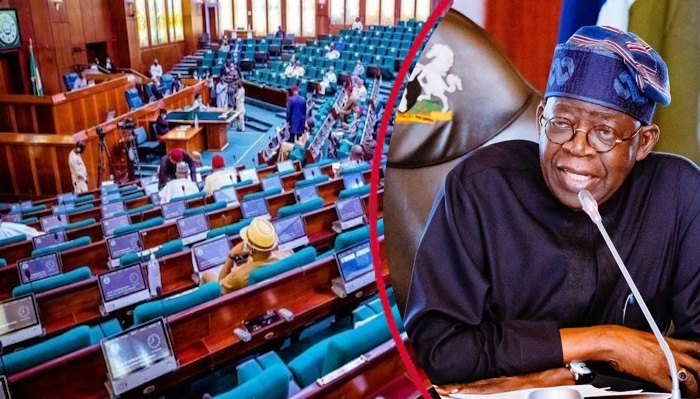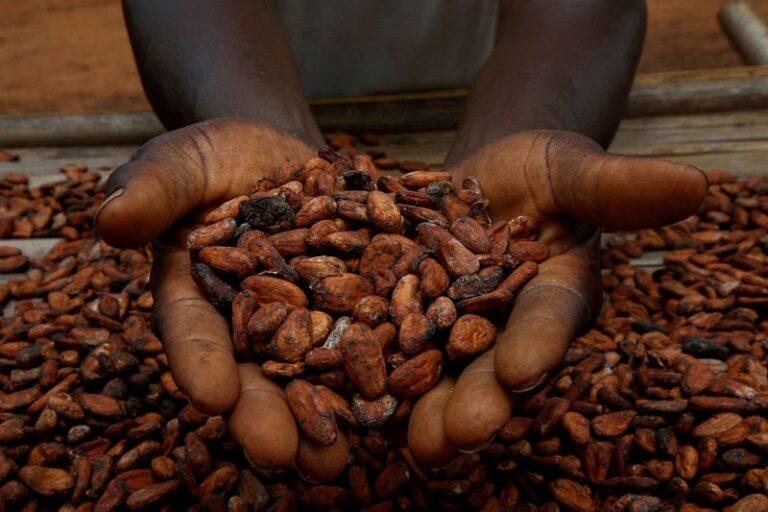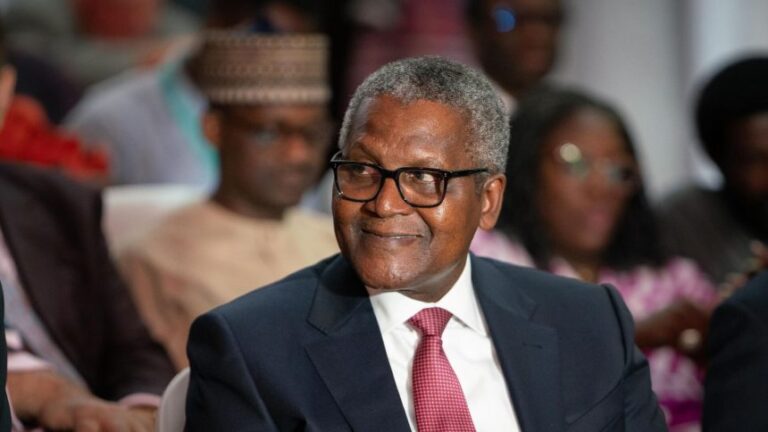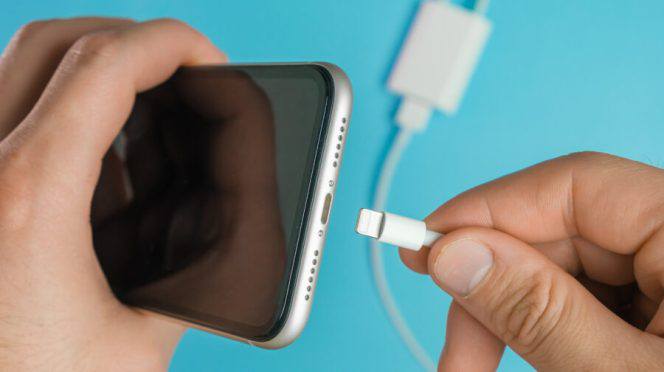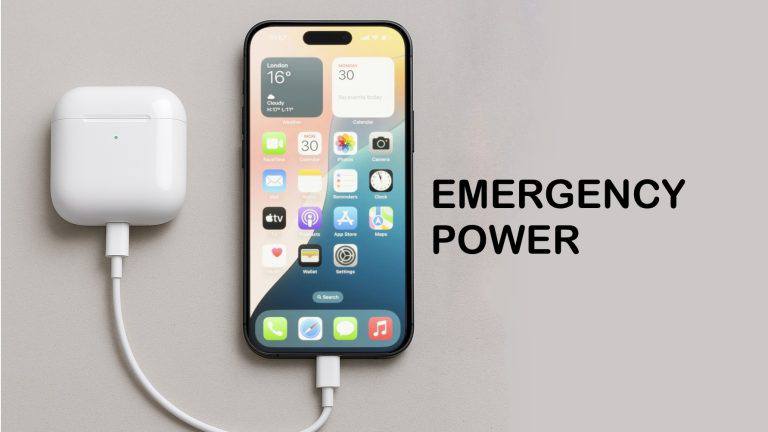The Federal Executive Council has approved the design and construction of a new headquarters for the Bank of Industry, to be located in Eko Atlantic City, Lagos. The decision forms part of the Federal Government’s broader plan to strengthen the nation’s industrial and financial infrastructure.
The approval was disclosed by the Minister of State for Industry, Trade and Investment, Senator John Enoh, during a briefing with State House correspondents after the council meeting presided over by President Bola Tinubu in Abuja.
Senator Enoh explained that the project is expected to enhance the operational capacity of the Bank of Industry and support its role in financing large-scale industrial ventures across the country. He added that the new headquarters aligns with the ministry’s agenda to modernise key institutions and position them for future economic expansion.
According to the minister, the council considered and approved five memoranda presented by the ministry. Three of the submissions focused on industrial development initiatives, while the remaining two addressed ongoing efforts in trade and investment.
The development marks a significant boost for Eko Atlantic City, which continues to attract major financial and corporate interests. Government officials say the new BoI headquarters will serve as a landmark project within the emerging commercial district and further reinforce Lagos as a central hub for industry and investment.
Details on the project timeline and construction partners are expected to be released after subsequent technical reviews and final procurement steps.




